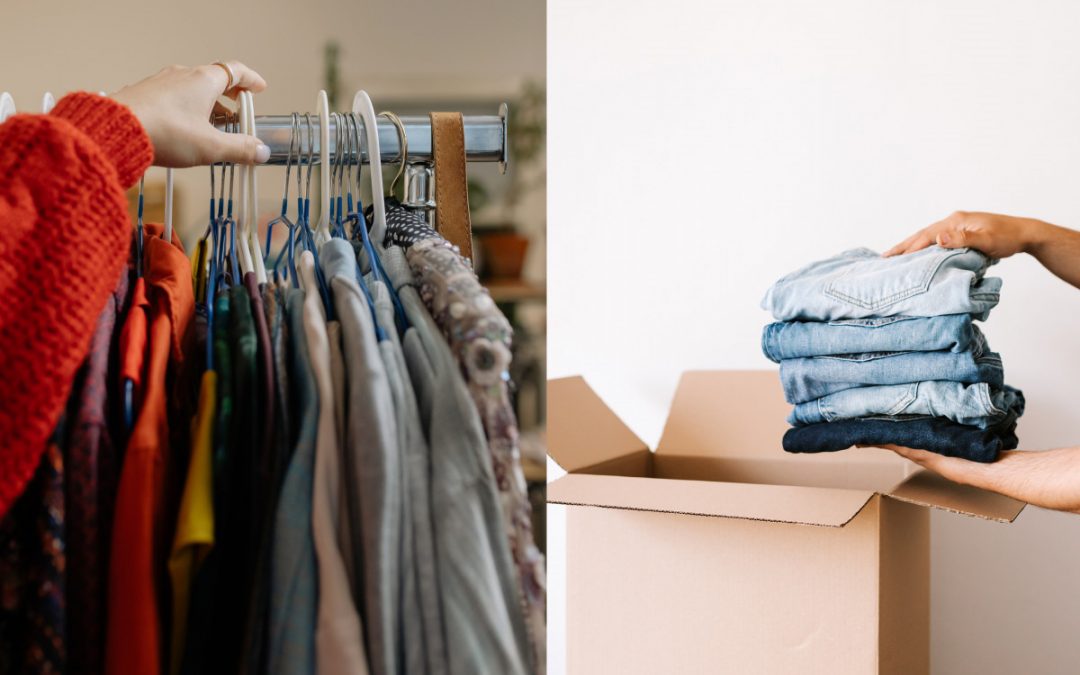The number of platforms for buying and selling clothes second-hand has exploded in recent years. The second-hand market for clothing can support the transition to a more circular economy; the garments are reused, and their lifetime is extended. But who are the winners and losers when new business forms enter the market? Ola Persson, researcher at KTH, and Jennifer Hinton, researcher at Lund University, investigate this in a new article.
The second-hand market is undergoing major change. Traditionally, the second-hand market has been dominated by non-profit actors, with revenues going to charitable causes. The profits can then be reinvested for public benefit or good causes. But as consumer interest increases, more and more for-profit actors are entering the market. These are often better at identifying what the customer wants and can thus be an important driving force in making second-hand more mainstream.
– Although this process can potentially contribute to a more circular economy, there are also tensions regarding what the material and financial flows look like that we do not think have been sufficiently highlighted in the public debate, says Ola Persson.
Increased producer responsibility for textiles is discussed at EU level, and the results in this study can be an important part of designing policy instruments for increased rates of reuse, which at the same time contribute to a just transition.
– In the transition to a more circular economy, it is important to not only focus on how we can reduce material consumption, but also to look at social aspects, says Ola Persson.
The results are also interesting for market actors such as non-profit organisations or those who have an interest in second-hand and a just transition.
Freja Handler
THE POLICY BRIEF
Read the brief here: “Business Forms and Profit for a Just Circular Economy: – A study of Sweden’s Second-Hand Market”
THE ARTICLE:
Read the whole article here: ”Second-hand clothing markets and a just circular economy? Exploring the role of business forms and profit”
CONTACT:
Ola Persson,
olpe0003@gmail.com
073 780 14 57
